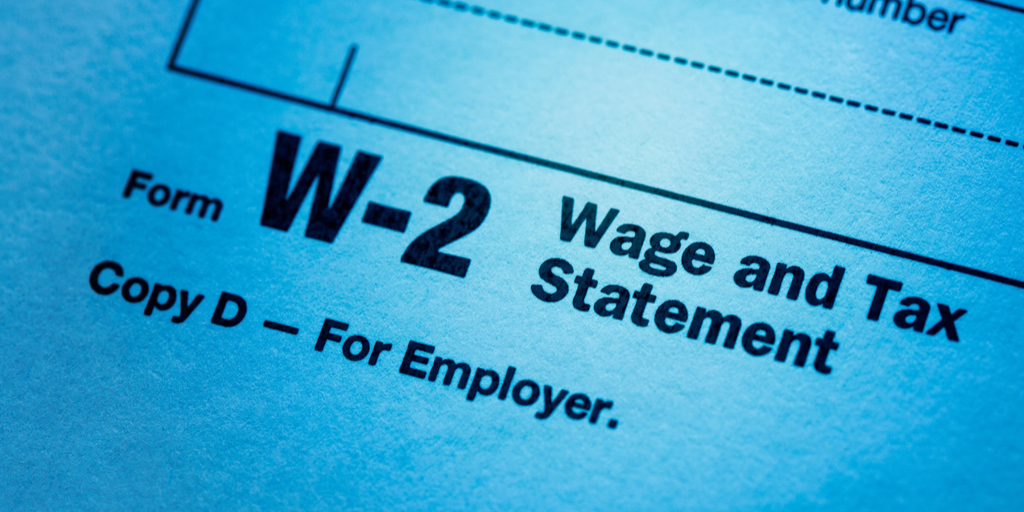The Indefensibility of U.S. Fringe Benefit Tax Laws
When people look back at our period in history, they will see a whole set of policies that are indefensible. Today, I am starting a series that attempts to identify policies that are unjustifiable. Some of these policies are very important, others are less consequential. But they all are problematic. Yet, we continue to pursue many of these policies, and relatively few people question them.
One indefensible policy involves superior tax treatment for employee fringe benefits, such as health insurance and retirement benefits, which operates to harm lower income people.
It is well known that our tax system treats people who have to purchase their own health insurance differently than it treats people who receive employer provided health insurance. If one’s employer provides health insurance, the employee need not pay tax on the value of the insurance, even though this is a valuable fringe benefit. By contrast, if one does not receive employer provided health insurance, then one has to take one’s wages, pay taxes on them, and then pay for the insurance from those wages. Thus, the employer provided health insurance is tax-free but the individually purchased health insurance is taxed. This is indefensible. It is both economically inefficient and treats people who work for small companies, which are much less likely to provide health insurance, worse than those who work for larger companies. Many of these people at the smaller companies earn less income.
While this pernicious subsidy for employer-provided health insurance is well known, it is hardly the only example of such a problem. Another example involves savings for retirement. If one works for an employer that has a 401k or 403b plan, then one is entitled to put aside from pretax dollars a significant amount of money each year. But if one’s employer does not have a retirement plan of this type (or one does not work) and one must use an IRA, the limit of how much one can save for retirement each year tax free is much lower. Again, there is no justification for this difference in treatment. And again it treats people who tend to earn less worse than those who earn more.
There are other employee fringe benefits that receive more favorable treatment, such as employer-provided meals and employer-provided life insurance. The same story holds.
These inefficient and unfair provisions are not only bad in themselves. They also have the effect of causing additional public support for social insurance programs. People need retirement plans, health insurance, and life insurance. Ultimately, the question is whether they get these services from private action or from social insurance. By rendering private insurance and private action for many in the middle and lower classes less desirable, these provisions operate to increase the support for social insurance.


